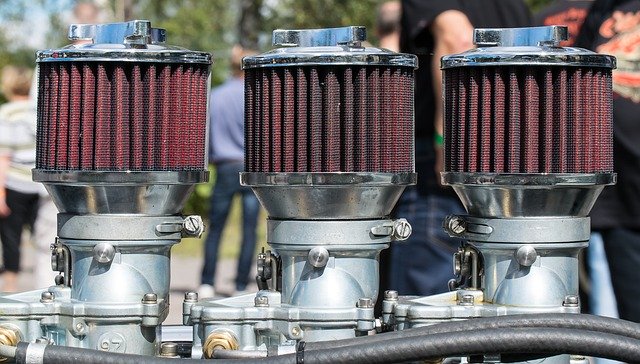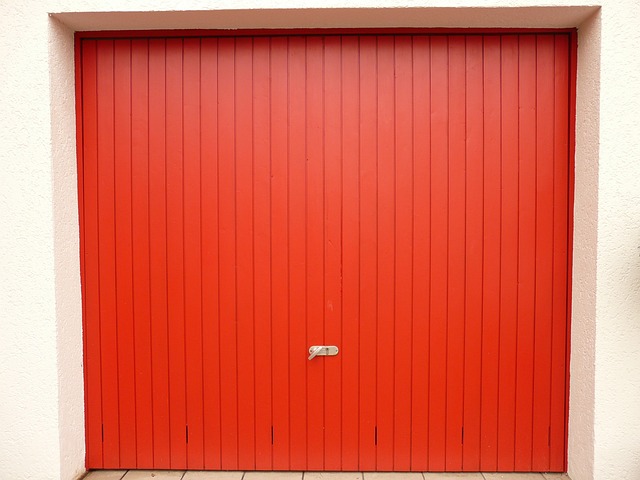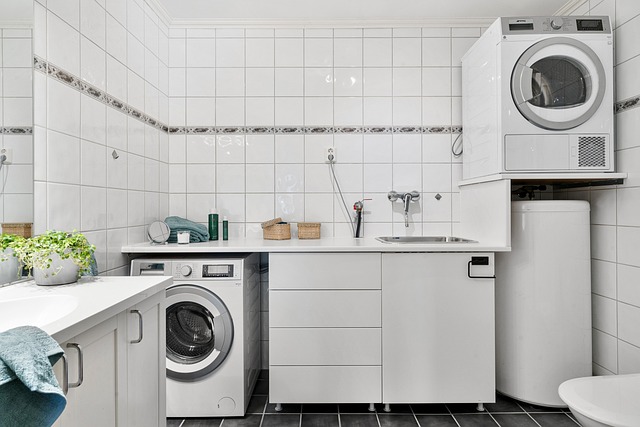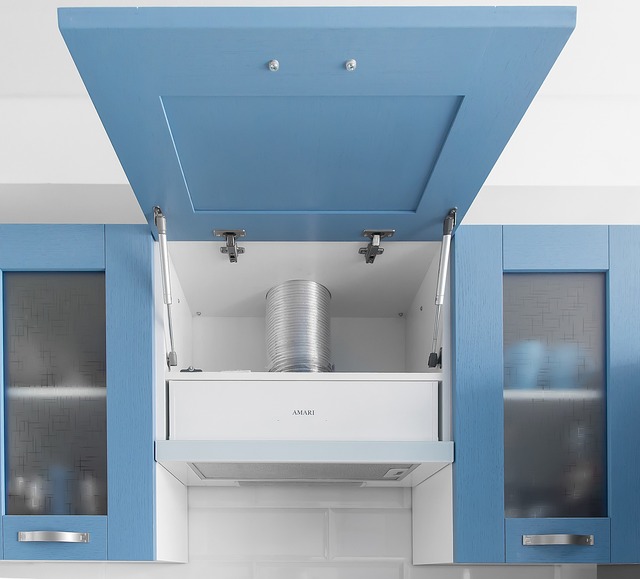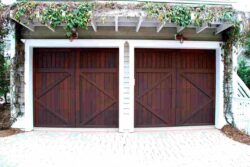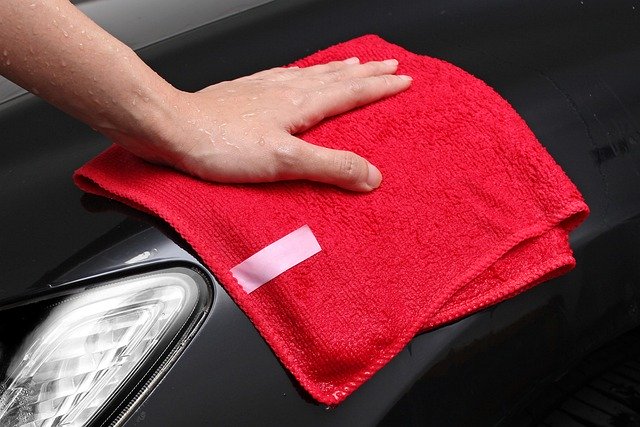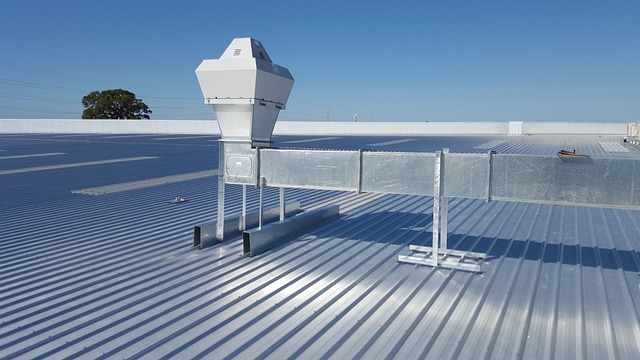In the pursuit of a healthier and more comfortable living space, the air we breathe plays a pivotal role. This comprehensive guide explores the myriad benefits of using a HEPA filter in your home, unraveling its impact on your health, the cleanliness of your surroundings, and even the longevity of your appliances. From understanding the science behind HEPA filtration to discovering the various types of pollutants it can trap, this guide equips you with the knowledge to transform your living environment into a haven of pure, clean air. Join us on this journey as we delve into the intricate world of HEPA filters, demystifying their capabilities and shedding light on the numerous advantages they bring to your home.
Here is our post on 6 Benefits of Using a HEPA Filter in Your Home
The Benefits of Using a HEPA Filter in Your Home
1. Effective Removal of Airborne Particles
At the heart of the HEPA filter’s prowess is its unparalleled ability to capture airborne particles with exceptional precision. These filters are designed to trap particles as small as 0.3 microns, including dust, pollen, pet dander, and even microscopic bacteria. This ensures that the air circulating in your home is free from many common irritants.
2. Improves Respiratory Health
For individuals with allergies or respiratory conditions, HEPA filters can be a game-changer. By removing allergens and pollutants from the air, these filters create an environment that is less likely to trigger respiratory symptoms, promoting clearer breathing and overall respiratory well-being.
3. Mitigates Asthma Triggers
Asthma sufferers often find relief from HEPA filters, as these devices excel in trapping asthma triggers like dust mites, mold spores, and pet dander. By reducing the presence of these irritants, HEPA filters contribute to creating an asthma-friendly living space.
4. Enhances Indoor Air Quality
The cumulative effect of capturing a wide range of airborne pollutants translates into improved indoor air quality. With cleaner air circulating in your home, you’re creating a healthier environment for yourself and your loved ones, minimizing the risk of respiratory issues and other health concerns.
5. Reduces the Spread of Airborne Viruses
Especially relevant in today’s health-conscious climate, HEPA filters play a role in reducing the spread of airborne viruses. While not a cure-all, these filters can help minimize the presence of viral particles in the air, contributing to a safer living space.
6. Prevents Mold Growth
Mold spores are a common indoor air pollutant that can lead to respiratory issues and other health concerns. HEPA filters effectively capture mold spores, preventing them from proliferating and safeguarding your home against the adverse effects of mold.
7. Extends the Life of HVAC Systems
HEPA filters not only benefit your health but also contribute to the longevity of your HVAC (heating, ventilation, and air conditioning) system. By trapping particles before they enter the system, HEPA filters reduce the strain on your HVAC components, preventing premature wear and tear.
8. Cuts Down on Cleaning Time
With fewer airborne particles settling on surfaces, you’ll find that your home requires less frequent dusting and cleaning. HEPA filters play a significant role in keeping your living space cleaner for longer, saving you time and effort in household maintenance.
9. Creates a Comfortable Living Environment
Beyond health considerations, the impact of HEPA filters on your overall living experience is substantial. Breathing cleaner air can contribute to a more comfortable and enjoyable home atmosphere, enhancing your overall quality of life.
10. Eco-Friendly Option
Many HEPA filters are designed to be environmentally friendly. By choosing a filter with recyclable materials, you not only improve your indoor air quality but also make a sustainable choice that aligns with eco-conscious living.
See also our post on 10 Importance of Regular Cleaning for Your Home’s Air Ducts
Everything You Need to Know About Using a HEPA Filter in Your Home
Understanding HEPA Filtration
High-Efficiency Particulate Air (HEPA) filters are constructed with a dense network of fibers that effectively trap airborne particles. The 0.3-micron particle size is significant because it represents the most challenging particle size to capture, making HEPA filters remarkably efficient.
Types of HEPA Filters
There are different classifications of HEPA filters, ranging from True HEPA filters to HEPA-like filters. True HEPA filters capture 99.97% of particles at 0.3 microns, making them the most effective. It’s essential to choose the right type based on your specific air purification needs.
How to Choose the Right HEPA Filter for Your Space
When selecting a HEPA filter, consider the size of the space you intend to purify. Different filters are designed for various room sizes, so matching the filter capacity to your room’s dimensions ensures optimal performance.
Placement of HEPA Filters
Strategic placement of HEPA filters enhances their effectiveness. Consider placing the filter in the room where you spend the most time, ensuring that the air you breathe in that space is consistently purified.
Maintenance and Replacement
Regular maintenance is crucial for the continued effectiveness of HEPA filters. Follow the manufacturer’s guidelines for cleaning or replacing filters at the recommended intervals to ensure optimal performance.
Combining HEPA Filters with Other Technologies
In some cases, combining HEPA filters with other air purification technologies, such as UV-C light or activated carbon filters, can enhance overall air quality. Understanding these combinations allows you to tailor your air purification strategy to your specific needs.
Portable vs. Whole-House HEPA Systems
HEPA filters come in both portable and whole-house systems. Portable units are suitable for specific rooms, while whole-house systems integrate with HVAC systems to purify the air throughout your entire home. Choosing the right system depends on your preferences and the layout of your living space.
Noise Levels
Consider the noise levels of HEPA filters, especially if you plan to use them in bedrooms or other quiet spaces. Some models are designed to operate quietly, ensuring minimal disruption to your daily activities.
Cost Considerations
While the initial cost of a HEPA filter may vary, it’s essential to factor in long-term costs, including filter replacement. Some models may have higher upfront costs but lower ongoing expenses, making them a more cost-effective choice in the long run.
Common Misconceptions About HEPA Filters
Dispelling common misconceptions about HEPA filters is crucial for making informed decisions. One common myth is that these filters impede airflow, but modern designs are engineered to maintain efficient airflow while effectively capturing particles.
Here is our post on 10 Impacts of Cleaning Products on Indoor Air Quality
Conclusion
Whether you’re seeking relief from allergies, mitigating asthma triggers, or simply striving for a healthier living environment, the HEPA filter stands as a reliable ally in your quest for a breath of fresh air. So, embrace the advantages, make informed choices about filter types and maintenance, and allow the benefits of HEPA filtration to create a home atmosphere where the air is not just a necessity but a source of rejuvenation and vitality.





